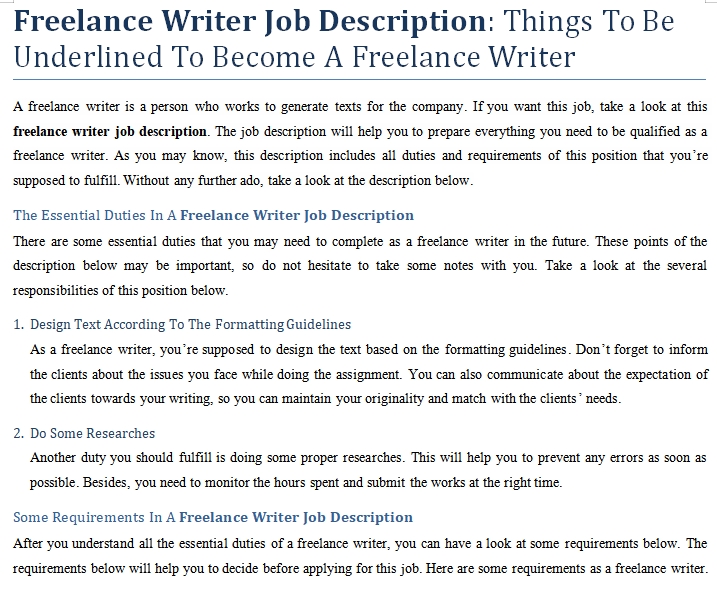The idea is to get you to revise the essay that support the writer carry out his or her intention.
Free Reaction. The AP English Language area contains 3 essay prompts: a synthesis essay, a rhetorical analysis essay, and an argument essay. Synthesis essay: You may be supplied a state of affairs and tasked with composing a reaction applying at minimum 3 of 6 or seven quick accompanying resources for guidance.
Rhetorical analysis essay: Asks you to examine the methods an writer utilizes, and focus on how they add to the author’s goal. Argument essay: Offers a claim or assertion in the prompt and then asks you to argue a place primarily based on your have awareness, practical experience, or reading through. How to Interpret AP English Language Scores.
Do you know well known sentence structure goof ups inside an essay?
AP scores are claimed from 1 to five. Schools are normally looking for a 4 or five on the AP English Language test, but some may perhaps grant AP credit for a 3. Each individual take a look at is curved so scores fluctuate from calendar year to yr. This is how AP English Lang learners scored on the Might 2022 examination:Tackling the AP English Language and Composition Essays: Part 3. In Parts 1 and two of this sequence, I lined the principles of the three AP Lang Essays (Synthesis, Rhetoric, and Argument), how to frequently solution them, and the 6 steps of crafting a prosperous essay on examination working day, focusing on the Rhetoric Essay.

Now, we’ll seem at the Synthesis and Argument Essays: how they vary from the Rhetoric Essay and how to use the «six ways» to succeeding on them. As you may well remember from Component one, the Synthesis and Argument essays demand that you choose an argumentative posture on a topic. In the Synthesis Essay, you are presented a subject matter or problem (e.
- The rules to authoring an essay?
- Exactly what is the worth of a final result paragraph?
- Exactly what is a definition essay?
g. , is the death penalty just?) and 6 sources addressing that subject matter or concern. https://www.reddit.com/r/PaperHub/comments/x9r6o1/paper_help/ You will then be requested to consider an argumentative situation, citing at least three of the sources.
In the Argument Essay, you are specified a subject matter or notion normally in the kind of an author’s quotation: for case in point, a estimate from a famed author indicating that, in contemporary modern society, it’s required to be a very little bit unethical to be successful. You are then questioned to choose an argumentative position on this topic or idea. This time, while, there will be no resources for you to cite. All of your wondering about the topic have to come from your personal head.
We’ve previously mentioned the Rhetoric Essay, and how to go as a result of the procedure of producing a great 1. Much of the very same advice nonetheless applies to these two essays! In this article are the things that, when it will come the Synthesis and Argument Essay, stay the identical:The grading rubric for the Synthesis and Argument Essays is the identical as that for the Rhetoric Essay, awarding just one point for thesis, 4 for evidence and examination, and one for «sophistication. » For all three essays, you need to make a crystal clear argument, source ample proof, and make clear that proof nicely.
The 6 action process will also be the identical for all 3 essays. Bear in mind that the 6 steps are: (one) Arranging Your Time, (two) Examining and Annotating, (three) Outlining the thesis (4) Outlining the structure (5) Composing [paragraphs, evidence, evaluation] (6) Composing [sentences]. But, tons of issues are different, as well. So, you will need to go as a result of the 6 measures of the procedure in a a bit distinctive way for every essay. The Synthesis Essay: 6 Actions. 1.
Organizing your Time. As talked over in Aspect 1, the first 45 minutes of the essay portion (including both the «looking at» and «creating» intervals) ought to be devoted to the Synthesis Essay. For the duration of the 1st 15 minutes, which are the designated «studying period of time,» you really should study the issue and six sources, and start off to brainstorm and define your essay.
As the «composing period of time» opens-the initial thirty minutes of which you will now commit to the Synthesis Essay-you need to be ending your define, and commencing to create. You really should then create for about 25, reserving five minutes to proofread. 2. Reading through and Annotating. As you read the six sources, keep a running listing of the pro or con arguments that you come upon, and the corresponding proof.
